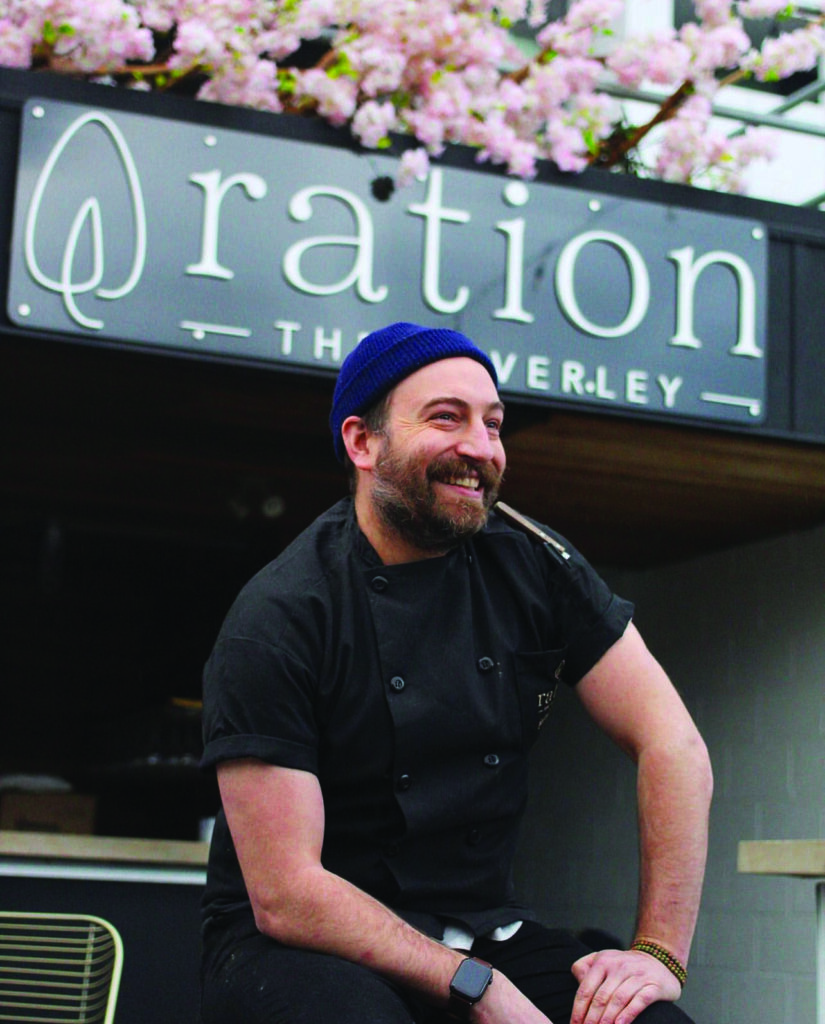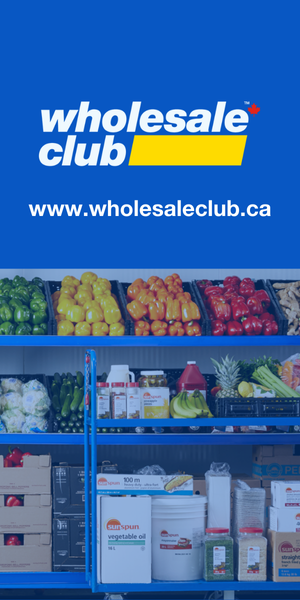Celebrating Local Agriculture & Restaurants in Ontario
From October 1-8, the Ontario government held its inaugural Dine Ontario (#DineOnt) event to celebrate the province’s 25th Agriculture Week. This new initiative drew guests to nearly 130 participating restaurants across the province with the promise of special dishes representing the best of food and drink grown, raised and produced in the province, including special all-Ontario pairings.
Lisa Thompson, Minister of Food, Agriculture and Rural Affairs shared the government’s investment and excitement in the weeks prior to the event: “As we celebrate the 25th anniversary of Ontario’s Agriculture Week and the introduction of Dine Ontario, we are planning a concerted effort across the province to demonstrate the value of growing and producing good quality food and beverages close to home – with the end result being an amazing dining experience in a local restaurant. By participating in Dine Ontario, we are supporting Ontario’s farmers, food processors, distributors, chefs, brewers, and restaurants, as well as strengthening our local communities.”
Eager to support the event, Restaurants Canada partnered with the Ministry of Agriculture, Food and Rural Affairs (OMAFRA) and Foodland Ontario to help with restaurant outreach and promotion. Tracy Macgregor, Restaurants Canada’s Vice-President, Ontario notes this important initiative couldn’t have come at a better time. “Restaurants are the tastemakers and experience providers that bring locally grown food and drink to life, so this collaboration was and is as natural as it is timely. Restaurants need all the support they can get right now, and this event is a great new way to bring out guests to try some great special dishes that really celebrate the quality and craft of our local agriculture and restaurants.”
Macgregor also credited OMAFRA with recognizing the importance of further partners in the agricultural food chain. “The local food community starts with the farmers, but their success relies on the efforts and successes of a wider group from transporters and processors to brewers, distillers, winemakers, restaurants and culinary tourism venues. This is where the wonderful foods and beverages grown and produced in Ontario are transformed, elevated and introduced to our mutual end customers. We’re all in this together and it’s a group effort. We thank the Ontario government for investing in this initiative and we hope to see it grow from here.”
There was a participating farm to table venue within reach of most Ontario communities from Prince Edward County to Windsor to Timmins, with a team of ambassador restaurants including The Royal Hotel in Picton, The Drake Devonshire in Wellington and Ration | Beverley in Toronto, and Restaurants Canada hopes to see more Ontario restaurants on the 2024 Dine Ontario list. “This year was a great success, and there’s plenty of room to grow from here,” Macgregor says. “Working together is the best way to scale our local economies and get people out to experience local restaurants. Our restaurants are a reflection of our culture and our quality of life and everyone benefits from that.”
Ration Beverley | @rationbeverley | Toronto, Ontario

Ration Chef and Founder Jef Edwards was thrilled to participate in the first-ever Dine Ontario event. From its beginnings as a pop-up concept in 2019, Ration has evolved from its roots as an exploration of the Canadian culinary landscape through the lens of fermentation. Jef shares the story of Ration’s development: “I had done the first couple installments in collaboration with Secret Diners and Mother Cocktail Bar but then the pandemic hit, and we had to cancel the rest. In an effort to prevent our inventory (as well as many suppliers’ inventory) from going to waste, we worked with Mother to set up a direct-to-home grocery delivery system which was hosted through an online ordering portal. From there, business grew. We proceeded to develop our own line of preserves and plans for a restaurant began to unfold.”
“The idea behind Ration the restaurant was to deep dive into Canadian wild foods, most of which I forage with my team within a couple hours of the city,” Jef shares. “Fermentation was our vehicle for creating dynamic flavours from our farmed products but very quickly after opening we found fermentation to be a wonderful medium for implementing zero waste initiatives and sustainability very quickly became the main focus of the restaurant.”
Ration has taken farm-to-table, seasonal cuisine in an interesting direction with its culinary approach, with a zero-waste tasting menu and signature Food Lab. When asked about how Canadians should think about local and seasonal food and the relationship between farmers/producers and restaurants, Jef points out that the way we think about seasonality has changed. “Through fermentation and preservation, we can capitalize on the nutrients of our summer seasonal vegetables all year round. Using local ingredients at their peak during their growing season or for preserving is a great way to gain familiarity and trust with the farmers and foragers we shop with. Building a relationship with farmers and suppliers allows us to choose the best people with the best products for our needs. Just like restaurants, home cooks who look to source their products through local, independent producers are helping to maintain diversity in the economy which ultimately leads to diversity in the products we get to use on our menus.”
Building awareness of local food and restaurants is central to the success and vitality of our food system, and Jef was excited to participate in Dine Ontario and for what the collaboration could mean in the longer term. “I would like to see a greater awareness towards the importance of shopping locally. From stimulating the local economy and supporting local independent business to maintaining diversity in the products available to us. Now that we have greenhouses capable of growing tropical fruit in Ontario, we can save on transportation costs and environmental damages. There are so many benefits anyone can get on board with. When consumers build stronger direct relationships with local farmers and producers, they put pressure on larger grocery chains and that benefits everyone, especially in this economy. We’d love for restaurants, farmers and consumers to interact more and enable communities to experience fresh foods while cooking at home or attending farm tours and dining experiences hosted by city chefs at local farms.”











